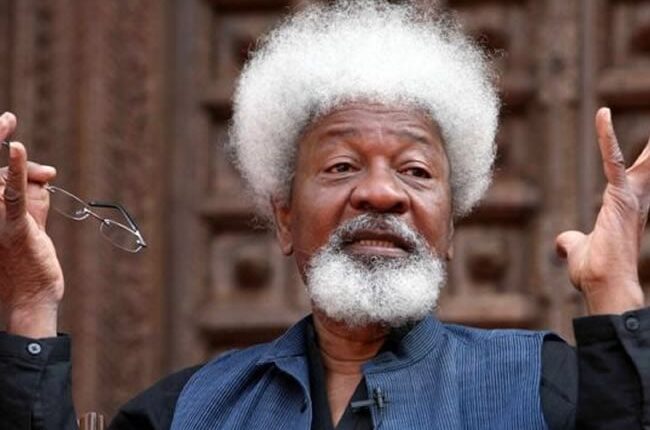The United States has defended its decision to revoke the visa of Nobel laureate Wole Soyinka, saying visas are a privilege that can be withdrawn at any time.
Responding to inquiries from The PUNCH, the US Consulate in Lagos said it could not reveal details of Soyinka’s case, citing confidentiality laws. However, Public Diplomacy Officer Julia McKay stated that all visas issued by the US are privileges, not rights, and can be revoked at the government’s discretion.
“Visas are a privilege, not a right. Every country, including the United States, can determine who enters its borders. Visas may be revoked at any time whenever circumstances warrant,” McKay said in a statement.
Soyinka had revealed on Tuesday that the US Consulate notified him of the revocation of his B1/B2 visa in a letter dated October 23, 2025. The 91-year-old author said the decision meant he would no longer be travelling to the United States.
“I have no visa; I am banned, obviously, from the United States. And if you want to see me, you know where to find me,” he told journalists at Freedom Park in Lagos during an event titled Unending Saga: Idi Amin in Whiteface.
The Nobel laureate, known for his criticism of US President Donald Trump, said he was unsure what led to the decision, adding that he had no history of misconduct or crime in the United States.
He recalled two minor incidents from decades ago — once being fined at a Chicago airport for failing to declare chili peppers he brought from London, and another confrontation with police in Atlanta in the 1970s over alleged racist behaviour by a hotel receptionist. He, however, doubted that either incident prompted the visa revocation.
According to the letter he received, the Consulate said Soyinka’s visa was revoked under US regulation 22 CFR 41.122 after “additional information became available” following its issuance. The Consulate also asked him to return the visa for physical cancellation and stated he could reapply in the future.
Soyinka’s visa had been issued in April 2024. The celebrated writer, who won the Nobel Prize for Literature in 1986, has lived and lectured in several American universities.
His visa revocation has stirred public debate, with many linking it to Washington’s tightening immigration measures and growing restrictions affecting African travellers.



Comments are closed.